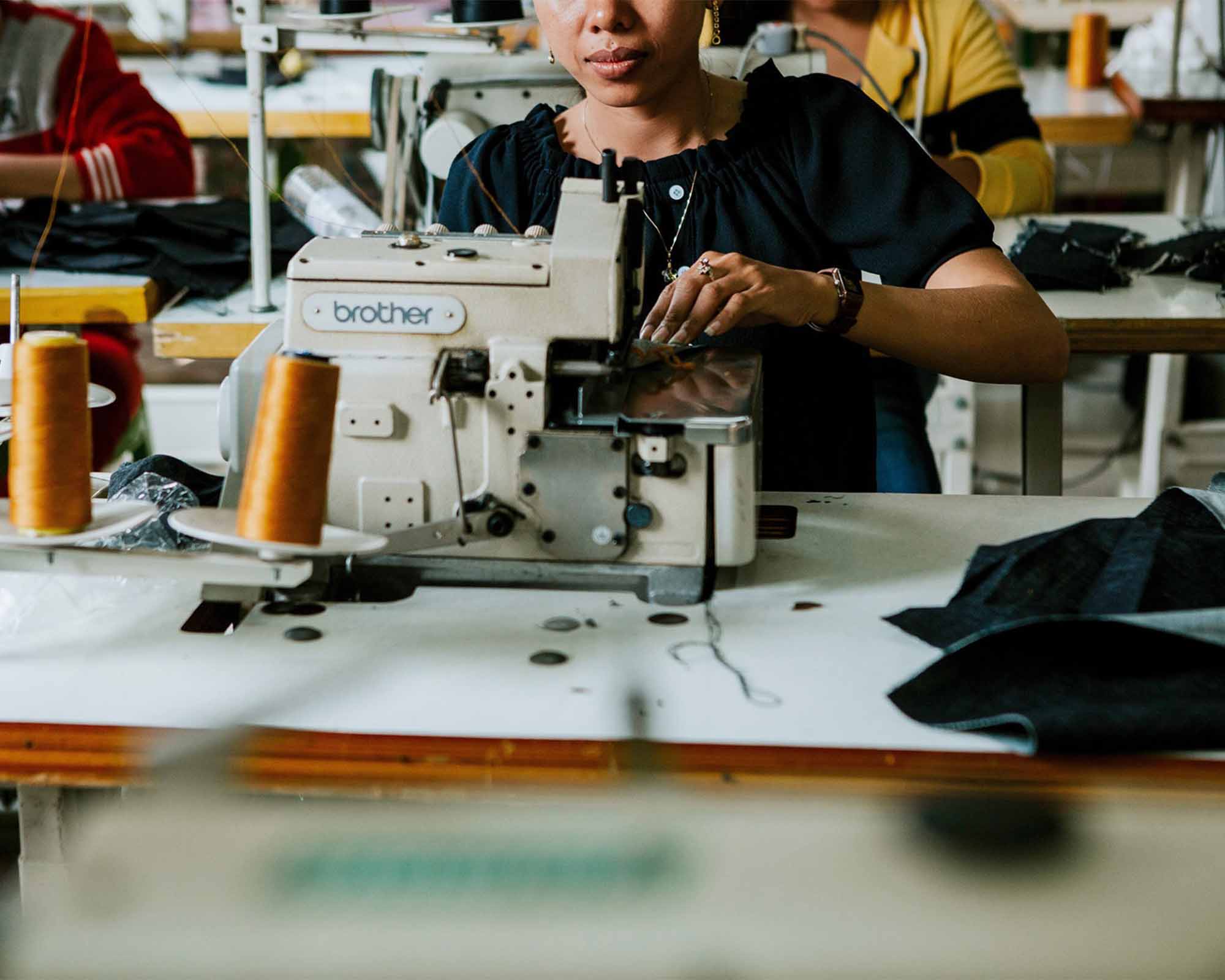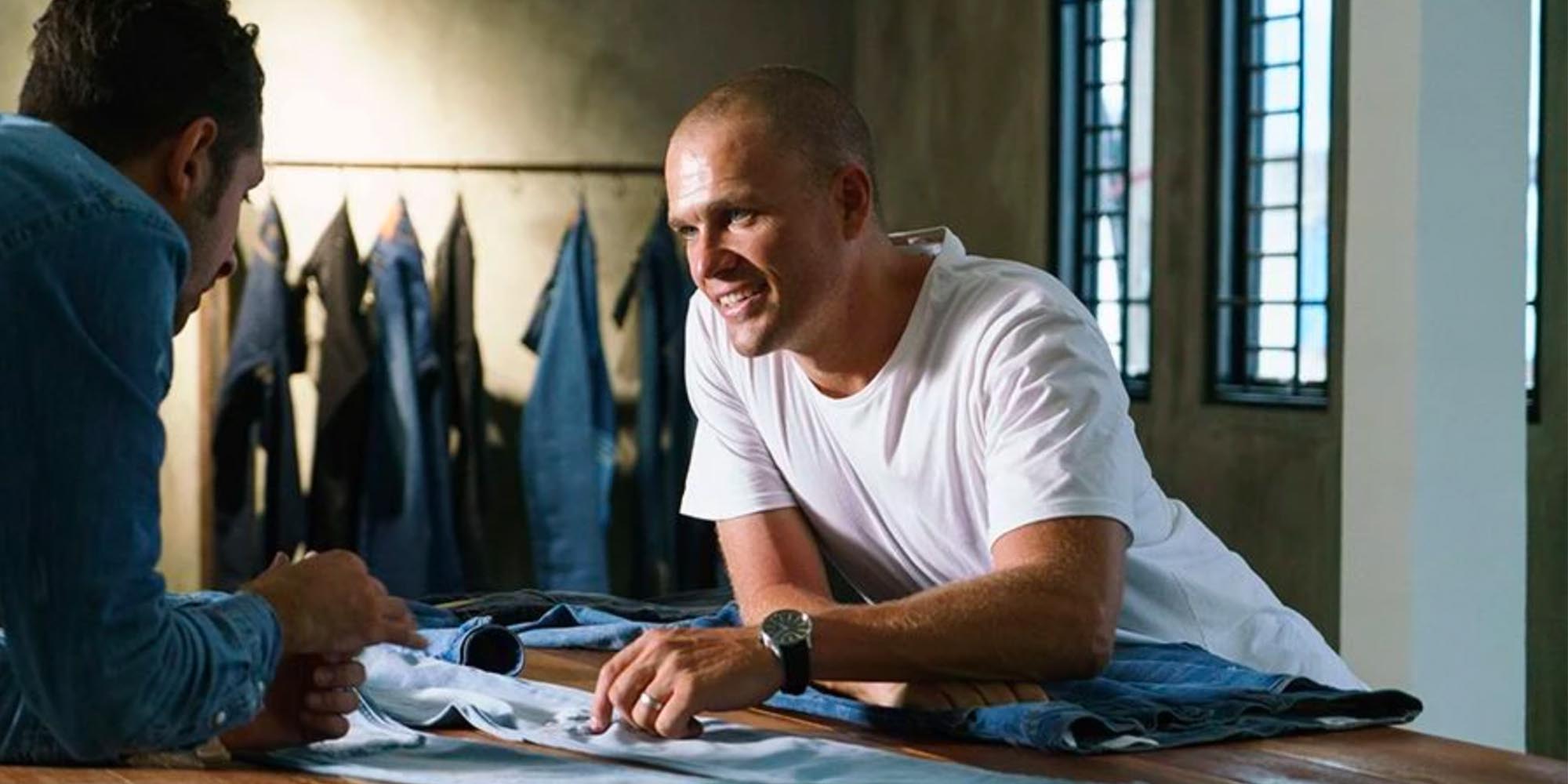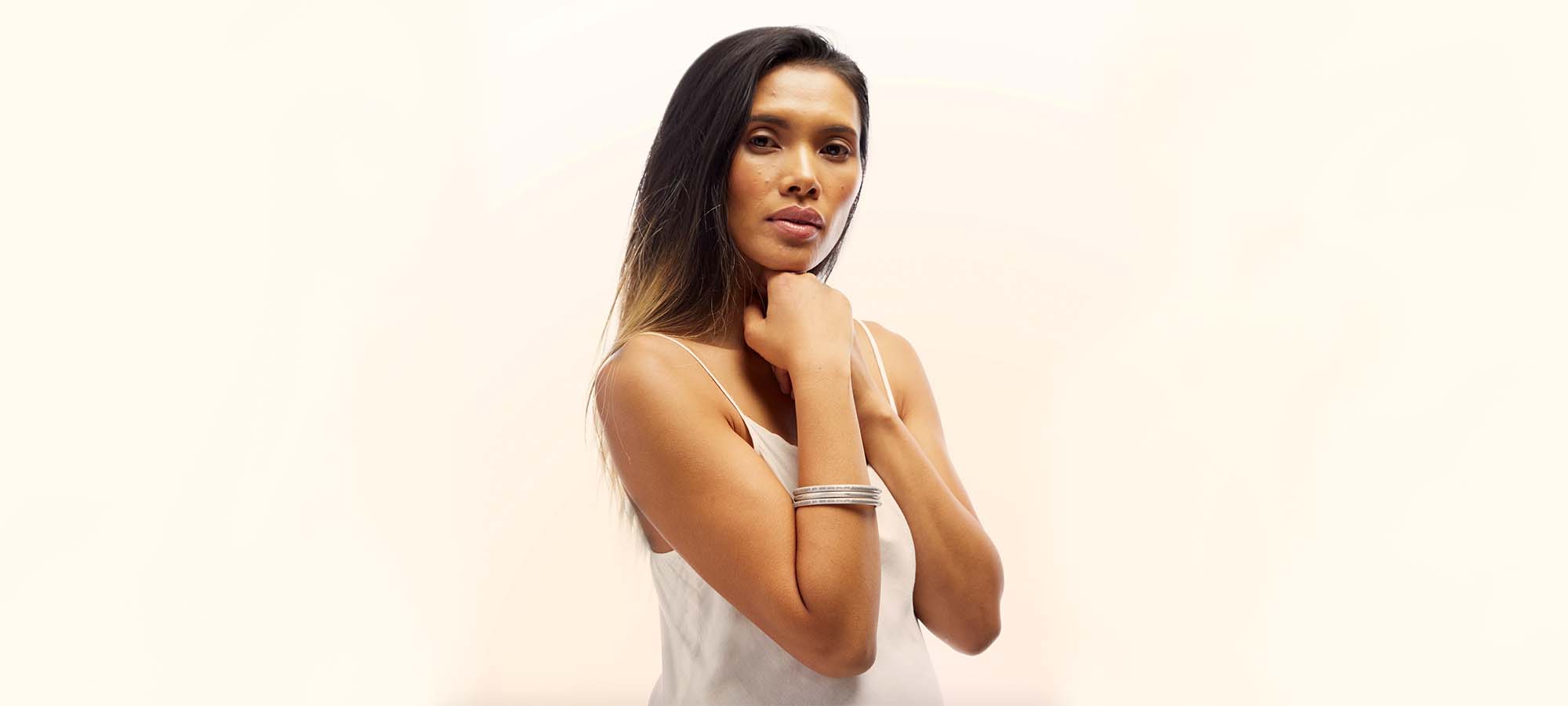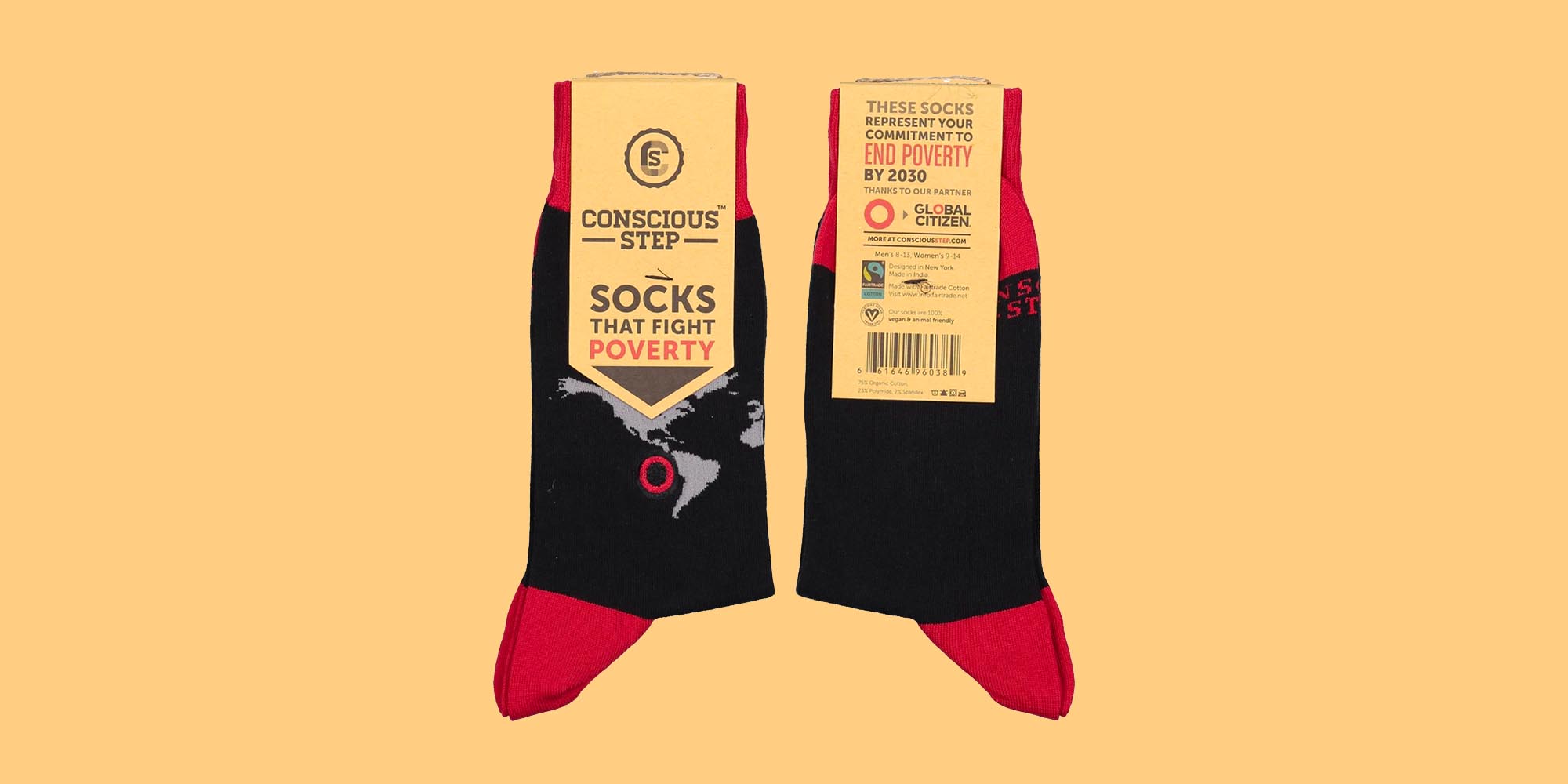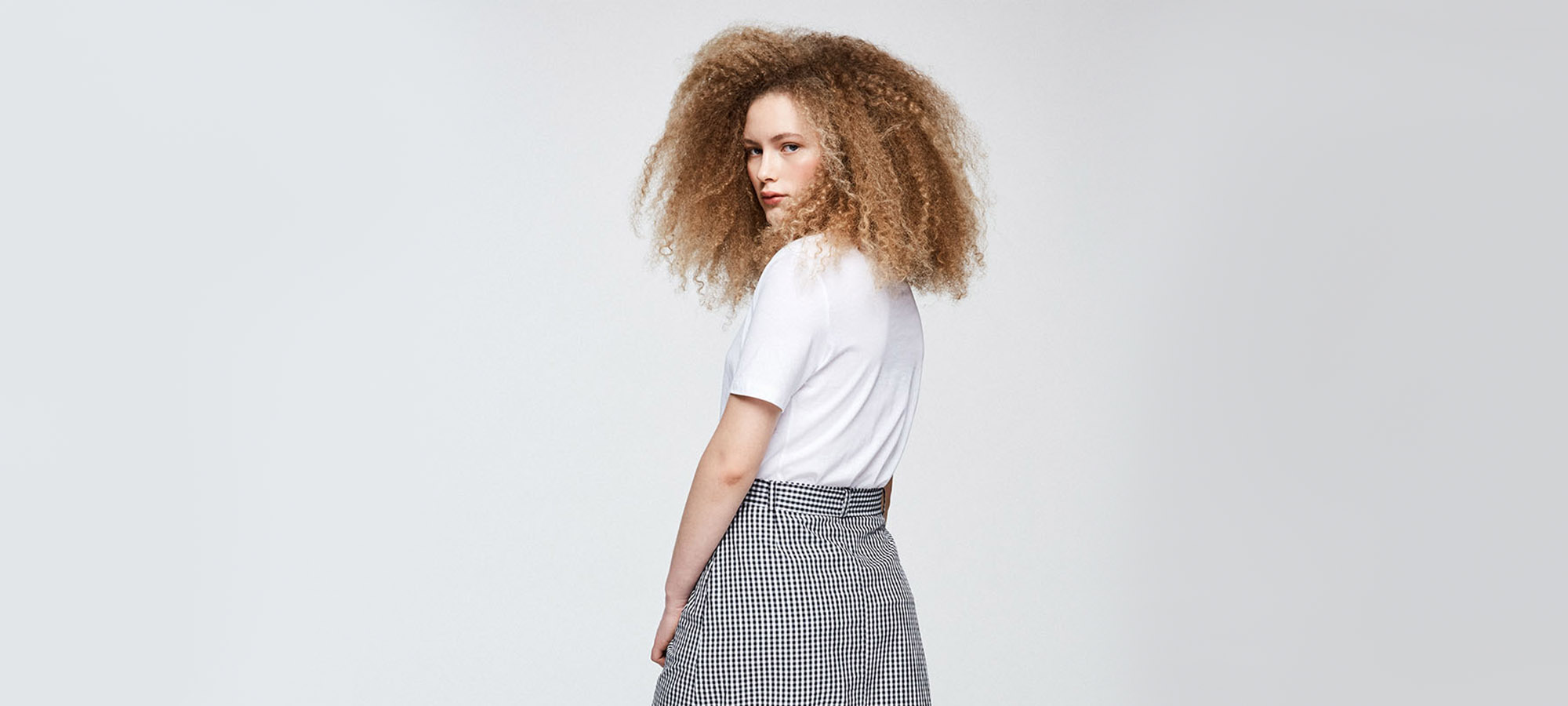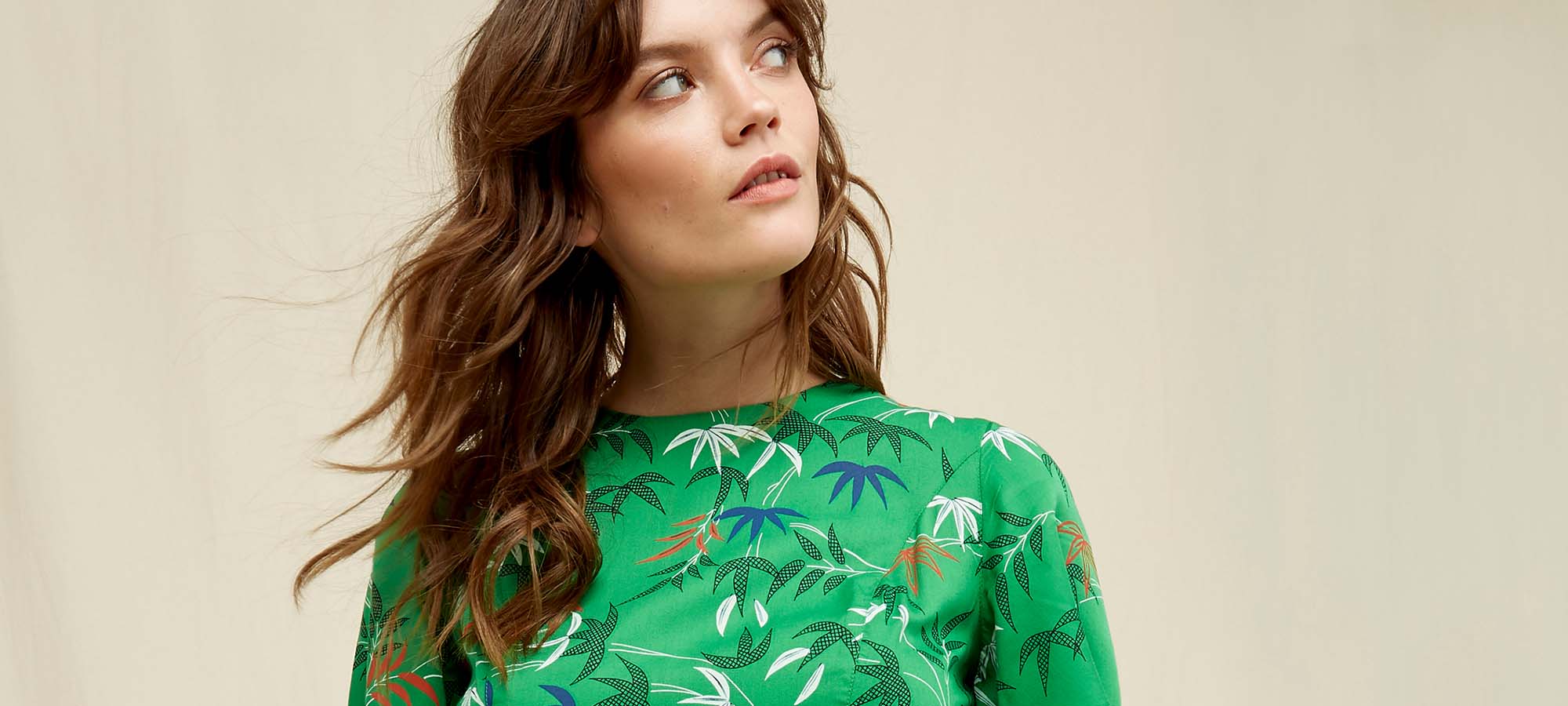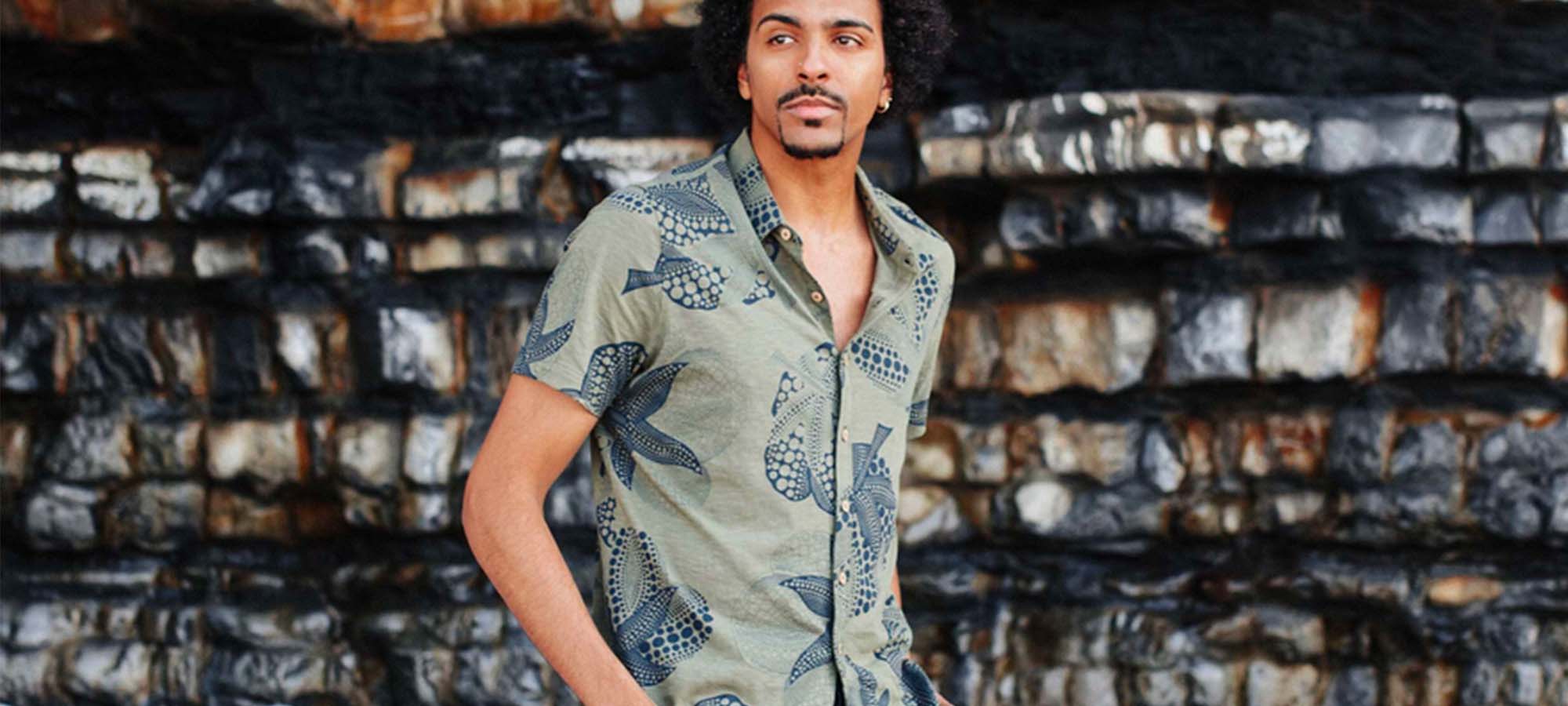Fashion has been hit hard by the COVID-19 crisis. With warnings that around half the world’s workers face losing their livelihoods, the fashion industry is being buffeted by widespread lockdowns, closed borders and predictions that dozens of businesses could be forced to close. Vulnerable workers down the supply chain stand to suffer the most, with many seeing their already insecure employment evaporate, prompting warnings of widespread hardship. So who is responsible? And what can we do to protect these workers?
Fashion has a huge impact on society. A $1.5T industry, it employs a massive 80 million people globally, and most of them (around 80%) are women aged 18-35. In factories across some of the world’s poorest countries, unfair and unsafe conditions are still common. In China and Bangladesh, the two biggest manufacturers of fashion, workers earn well below the living wage. Many of us were horrified by the news of the Rana Plaza collapse in 2013 which killed 1,133 garment factory workers, exposing serious issues in global supply chains.
Since then, there have been some signs of progress. The Bangladesh Fire and Safety Accord signed in the wake of the most deadly factory collapse in modern history saw over 100 global fashion brands commit to making factories safe for millions of workers.
Many brands have taken steps to more actively trace, engage with, and report on their suppliers – this year the Fashion Transparency Index showed that 40% of the world’s biggest brands published their 1st tier supplier lists, up from 32% in 2017.
Many brands have taken steps to more actively trace, engage with, and report on their suppliers. But there is still a way to go.
But there is still a way to go. And tragically, the coronavirus pandemic has caused another shock to an already fragile system. Like many industries, fashion is facing unprecedented store closures and revenues are expected to contract by 30% in 2020. In response, brands are scrambling to recover losses by cancelling billions of dollars worth of orders, including those ready to be shipped. Many brands are also demanding discounts and delaying payments to suppliers. This is having a disastrous impact, as suppliers already squeezed by tight margins are having to layoff workers and shut factories putting millions of vulnerable people at risk.
In places like Bangladesh, China, India and Cambodia many fashion workers lack the security of paid leave and basic medical care. Brands owe factories over $5B worth of orders in Bangladesh alone leaving millions of workers vulnerable. As Rubana Huq, president of the Bangladesh Garment Manufacturers and Exporters Association, told Vogue Business, “For them (brands) it’s a question of the survival of the businesses, for us it’s the survival of our 4.1 million workers,” she says. Lost employment directly affects people’s ability to cover basic needs. “I don’t know how I’ll be able to survive. I lost my job, and I don’t know how I’ll be able to buy food” said garment factory worker, Sabina Akhter, to the BBC in Dhaka. Then, of course, there’s the devastating impacts of the virus where the infrastructure for social distancing and healthcare are simply not there. Increasing stockpiles of inventory are becoming safety hazards, with alarming environmental impacts likely to follow.
For them (brands) it’s a question of the survival of the businesses, for us it’s the survival of our 4.1 million workers.
Rubana Huq
A big question is, who’s responsible? There’s a role for regulation like we saw with the Accord, but that will take time. Boycotting supplier countries or blaming factories is not the answer either – they are an important source of employment and economic activity. Ultimately, brands need to take accountability for protecting their workers, in the frontline and all the way down their supply chains. Some brands have acted, at least by committing to pay for orders where suppliers have started work. But more brands should uphold contracts, take responsibility for orders, and pay their suppliers on time. The Workers Rights Consortium regularly updates a list of brands that have committed to paying for orders completed and in production and those that haven’t. Remake’s #PayUp campaign calls out 17 major brands including Gap and Primark that need to “pay for in-production and cancelled orders, rather than abandon their supply chain partners and the women who have kept their businesses profitable for decades”.
However, the issue is much broader than brands not paying up – it’s about the power that brands have over suppliers, to squeeze them whenever they’re in trouble, and the lack of responsibility they take for actions which can destroy people’s livelihoods.
It’s about the power that brands have over suppliers, to squeeze them whenever they're in trouble, and the lack of responsibility they take for actions which can destroy people's livelihoods.
Even if major players like Inditex and H&M commit to pay existing orders, demand in their factories has still been slashed and ultimately layoffs will still have the same dire consequences. Better Buying has surveyed suppliers and made recommendations for ways brands can support their suppliers during the crisis. There’s no doubt that many brands are facing huge challenges right now, but at least in the short term, most have access to government support and capital markets while overseas suppliers and workers face devastation with nowhere to turn. It’s time for brands to step up to work with, not against suppliers, and to support the very makers of our clothes.
Importantly, we all have a role to play too. We have the power to choose brands that put people first, to urge and incentivise brands to change their practices for the better. The shift towards more sustainable shopping was already on the rise, and evidence suggests it will only accelerate after the covid crisis. According to McKinsey and Company, consumer expectations will be heightened for “purpose-driven, sustainable action” from brands. We’re already seeing this at Good On You, with our growing community of conscious shoppers who, more than ever, are looking to get behind brands that are doing good. Big names in fashion are also attesting to this movement, including Jose Neves, CEO of global e-commerce giant, Farfetch. “Consumers will be more attuned to companies that are doing the right thing for their communities and for the planet”, Neves said in a recent update to Farfetch shareholders. Leading sustainable brands are noticing changes too. “Customers and consumers are more ready for this than they ever have been in history.” James Bartle, Founder and CEO at Outland Denim said to Business of Fashion, after seeing a spike in e-commerce and attracting over A$1M in equity crowdfunding since March.
In the future people will be looking at how a brand responded to the needs of the most vulnerable in their supply chain during the crisis as a mark of how serious they are about sustainability.
In the future people will be looking at how a brand responded to the needs of the most vulnerable in their supply chain during the crisis as a mark of how serious they are about sustainability.
At Good On You, we’ve updated our rating methodology to score large brands on how they treated their suppliers during the pandemic.
We also continue to see more and more brands that prioritise the protection and empowerment of workers. They’re not only stepping up during the crisis, but they’re leading the way for positive and enduring change for the rest of the industry to follow. Here are some of our favourites that you can support too.
